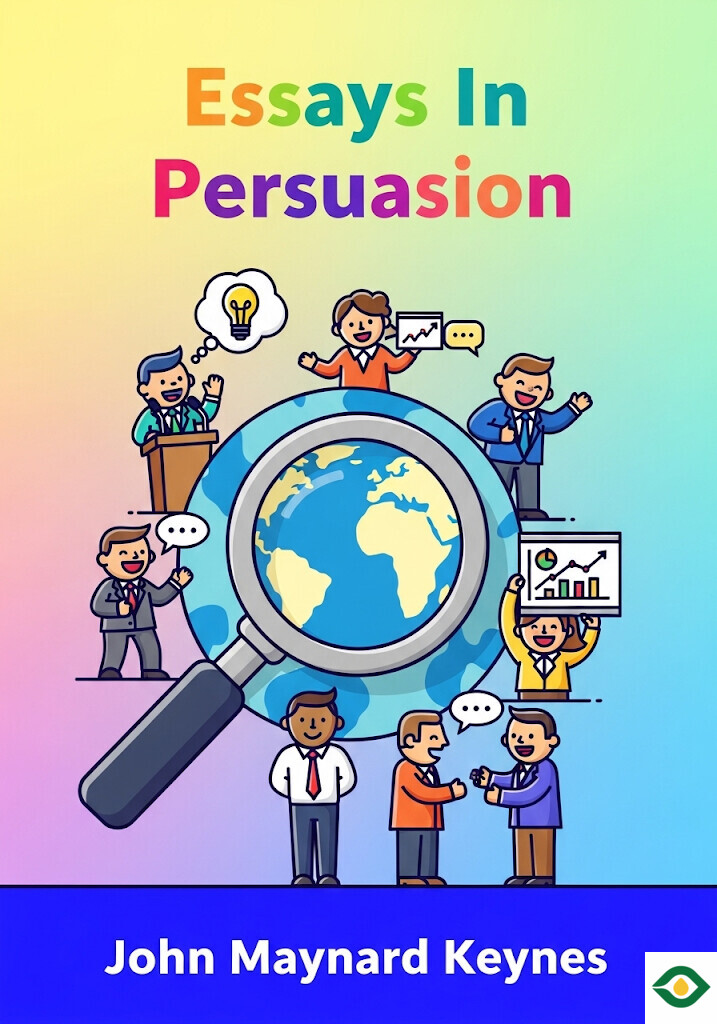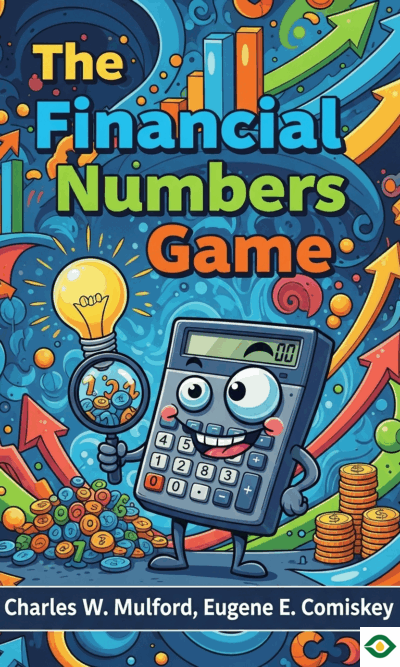Description
John Maynard Keynes was one of the most influential economists of the twentieth century. His collection Essays in Persuasion captures the urgency of his time and the boldness of his ideas. Written during years of war, depression, and recovery, the essays reveal how economic choices affect not only money and markets but also peace, justice, and human wellbeing.
When World War I ended in 1919, nations gathered at Versailles to decide the peace terms. Keynes, still young but already respected, attended as part of the British delegation. What he witnessed disturbed him deeply. The Treaty of Versailles placed heavy reparations on Germany, demanding that it pay enormous sums to the victors. Keynes argued that this was both unfair and dangerous. A country burdened with impossible debts would suffer, grow resentful, and eventually destabilize the entire continent. In his essay The Economic Consequences of the Peace, he warned that these harsh terms could lead to future conflict. History proved him right: within twenty years, Europe was again at war.
From this experience, Keynes learned an important lesson: economic policy is never just about numbers. It shapes societies and can either support peace or fuel anger. He believed true peace required fairness in how nations treated one another financially. This idea is still relevant today. Whenever sanctions or financial penalties are imposed, the world faces the same balance between justice and stability that Keynes wrestled with after World War I.
But Keynes’ essays are not just about war and peace. They also explain how economies function in everyday life. One of his most famous contributions was his attack on the belief that markets always correct themselves. Before Keynes, most economists argued that governments should step back and let supply and demand solve every problem. But Keynes saw that this approach could cause massive suffering. During the 1920s and 1930s, economies collapsed, unemployment soared, and hunger spread. If governments refused to act, millions would continue to suffer needlessly.
Keynes proposed a new way of thinking. He argued that governments should step in during crises to stabilize economies. When businesses stop investing and consumers stop spending, the economy falls into a downward spiral. Keynes believed governments should borrow money, spend on projects, and create jobs. This would put money in people’s pockets, restore demand, and push the economy back toward growth. It was a radical idea at the time, but it eventually shaped public policy in much of the world.
One of the most practical examples of his thinking was public works. Keynes said even something as simple as hiring people to dig and refill holes would be better than leaving them unemployed. While the image may sound humorous, the point was serious: work means wages, wages mean spending, and spending revives the economy. In the United States, Franklin D. Roosevelt’s New Deal put this into action. Massive projects like highways, bridges, and parks were built, employing millions. At the same time, programs supported artists, musicians, and writers, leaving behind a cultural legacy that still enriches society.
Keynes also changed how people understood inflation and deflation. He explained that letting prices fall too far could destroy livelihoods because wages and debts did not adjust quickly. When deflation struck, businesses collapsed and workers were left jobless. To avoid this, Keynes argued that governments should manage inflation through central banks, adjusting interest rates and money supply. Today, this idea feels natural—most countries have central banks working exactly this way—but when Keynes first suggested it, it was revolutionary.
Another groundbreaking essay challenged the long-standing belief in laissez-faire, the idea that governments should leave markets completely alone. Keynes argued that free markets, while powerful, could not solve every problem. Without guidance, they could produce inequality, exploitation, and instability. He did not call for socialism, but for a balanced middle ground: managed capitalism. In his view, governments should step in to direct investments, regulate finance, and make sure wealth was distributed more fairly.
This vision influenced entire nations. In Britain, it inspired the creation of the welfare state and the National Health Service. In the United States, it shaped programs like Social Security and unemployment insurance. Across Europe, similar systems were built to protect citizens from falling into poverty during hard times. Even international institutions such as the International Monetary Fund and the World Bank were born from Keynesian thinking, aiming to stabilize the world economy and encourage cooperation among nations.
Yet Keynes was not only focused on immediate problems. In one essay, Economic Possibilities for our Grandchildren, he dared to imagine the distant future. He predicted that by around 2030, living standards would be many times higher than in 1930. He was right: technology and productivity have transformed life in ways his generation could barely imagine. But he went further, envisioning a world where people might only need to work fifteen hours a week. The rest of their time, he hoped, would be devoted to art, learning, and leisure.
While this dream has not yet come true, some parts of society are moving in that direction. Remote work, shorter workweeks, and discussions about universal basic income reflect the same desire: to use wealth and technology to free people from endless toil. Keynes also warned, however, that humanity might struggle to find meaning when basic survival was no longer the main challenge. Even today, debates about purpose, happiness, and balance echo his concerns.
The essays in this collection also remind us that economics is not an abstract science. For Keynes, it was always about people—their hopes, their fears, their security, and their freedom. He believed that prosperity should be shared widely, not hoarded by a few. He urged governments and citizens alike to think long term, to weigh not only profits but the wellbeing of future generations.
Looking back, many of Keynes’ predictions came true. His warnings about the Treaty of Versailles, his ideas on government spending, and his vision of a welfare state all shaped the twentieth century. His influence continues today whenever leaders debate stimulus packages, international aid, or reforms to protect jobs. At the same time, some of his hopes—like a drastically reduced workweek—remain aspirations rather than realities.
In the end, Essays in Persuasion is more than just a collection of writings. It is a guide to thinking about how economics affects human lives. Keynes teaches us that policies cannot be separated from justice, peace, and dignity. He shows that governments have the power—and the responsibility—to step in when markets fail. And he leaves us with a vision of a fairer, freer, and more prosperous future.





